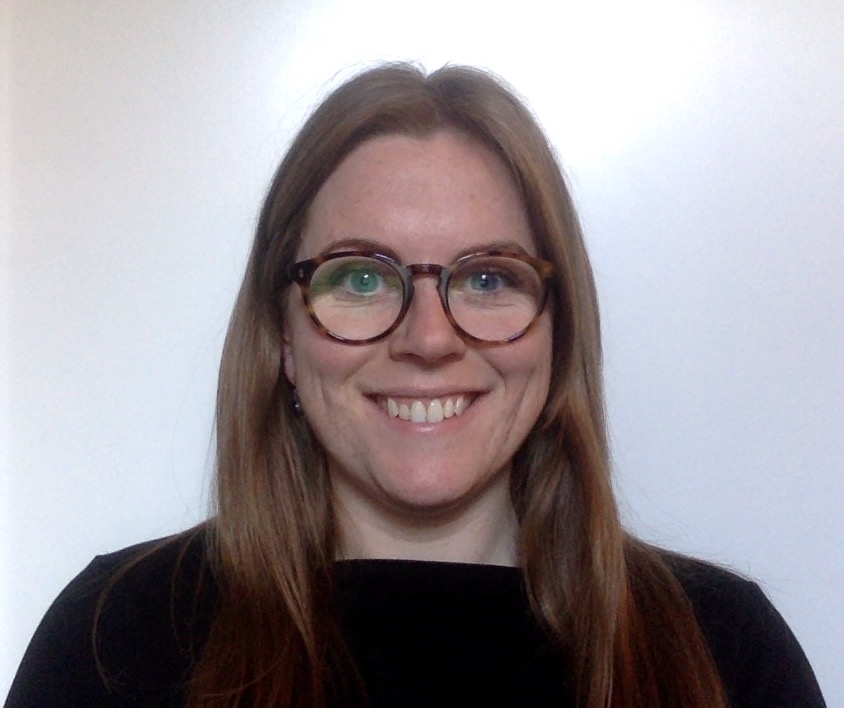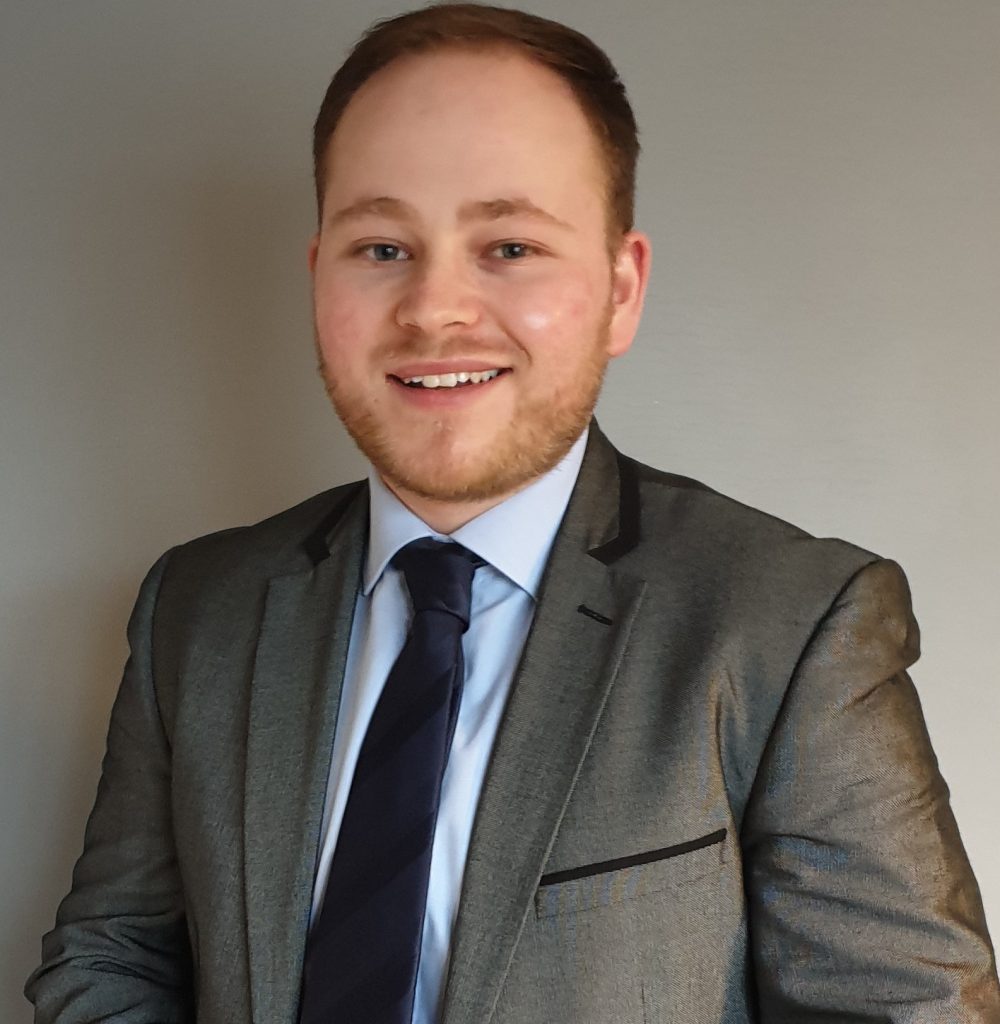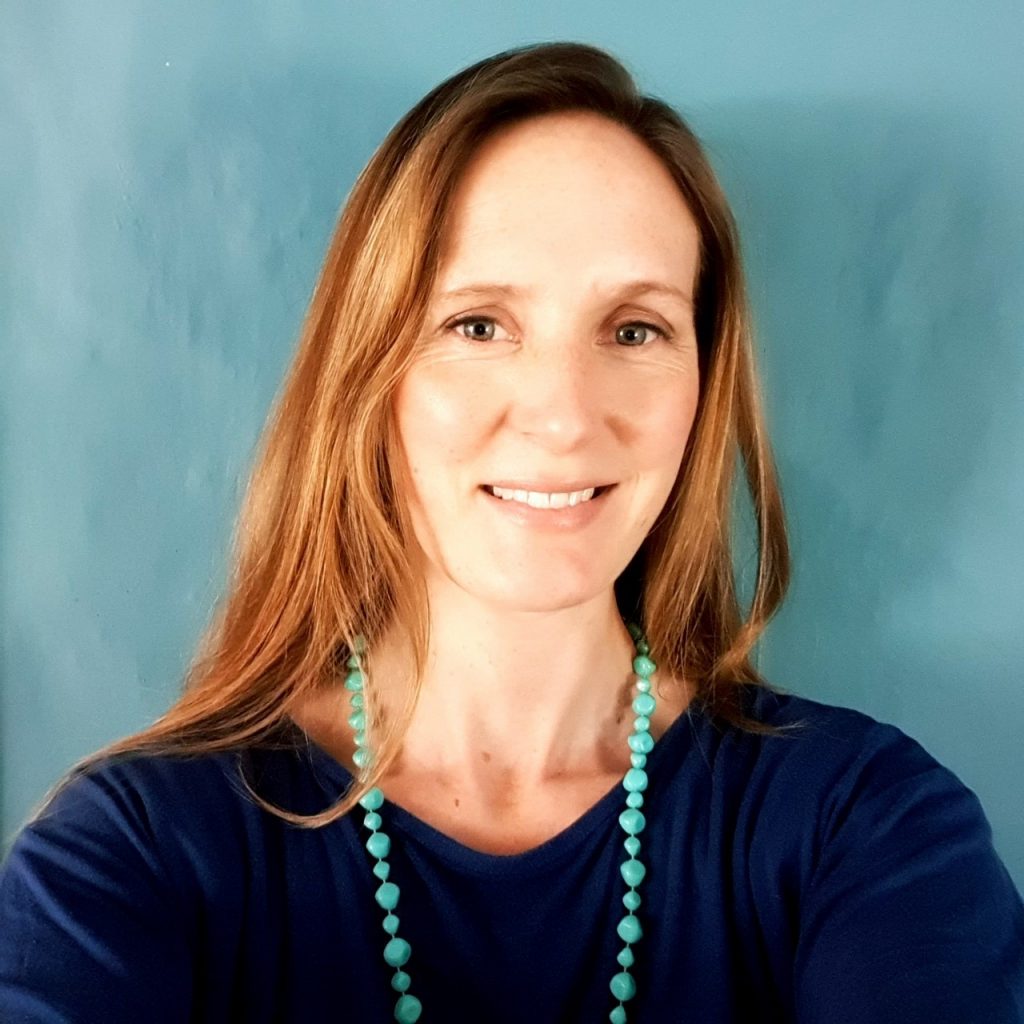The Translation Mentoring Scheme was launched by the ITI French Network in 2020. The scheme focuses on developing translation skills and is aimed at both experienced translators and newcomers to the profession. Mentees work on three translations over a period of six months, which mentors provide feedback and guidance on.
Below a mentor pair shares their experience of the scheme. Read other mentor reports on our blog.
The mentee: Stephanie Donat
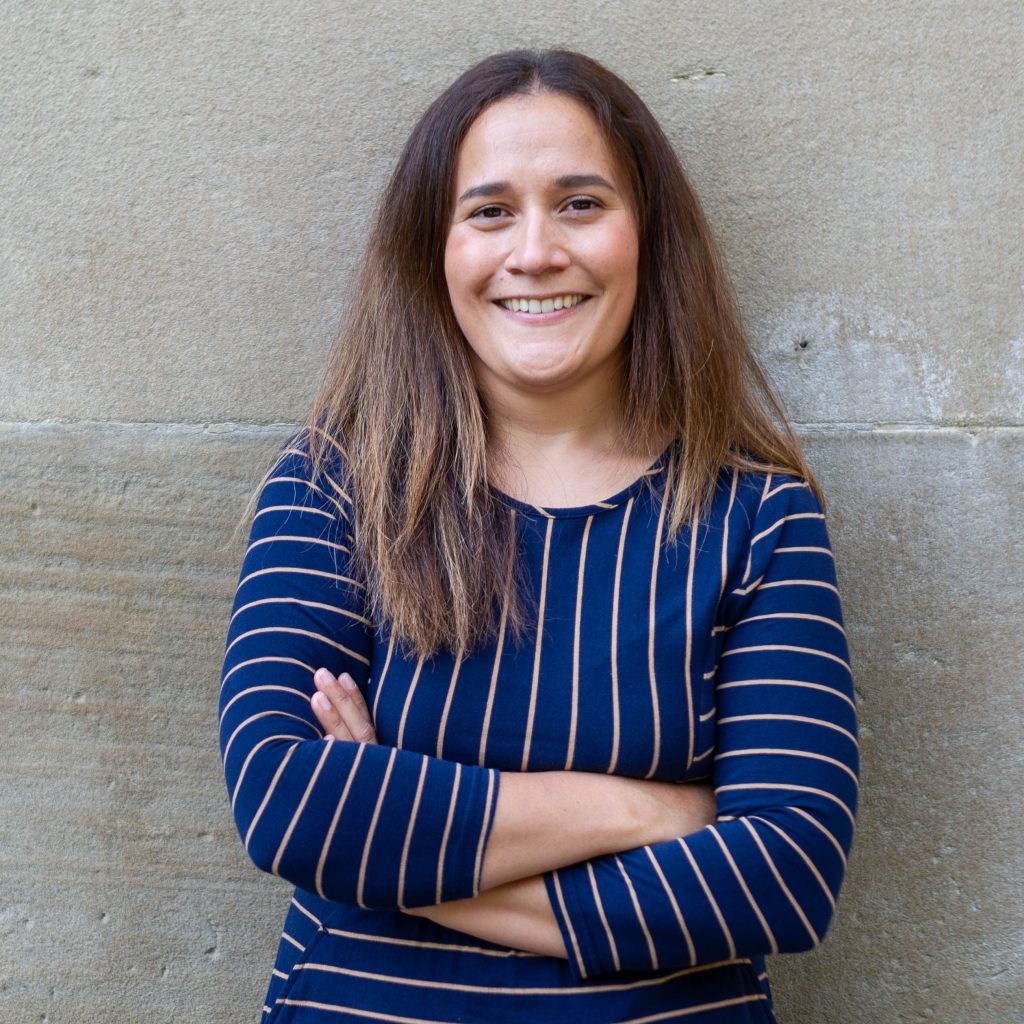
Having learnt about the French Network’s translation mentoring programme when I was Events Officer, I jumped at the opportunity to sign up as a mentee, and I was delighted that Ruth accepted the invitation to be my mentor.
Ruth’s ‘Translating and Editing for the Beauty Industry’ ITI short course was great fun and full of helpful tips and insights, so I knew she was just the right person to guide me further in this specialism.
We started off with a friendly kick-off call where we spoke about what we were both hoping to gain from the partnership. I was eager to be challenged in different ways by each text and Ruth was keen to learn from the collaborative experience – I think it’s fair to say we definitely achieved our goals!
It was really helpful to work on texts that Ruth had previously translated for her clients as we were able to compare our two versions and discuss our translation choices in detail. While Ruth was keen to point out that her version was not the ‘one and only’ version, it was one that the client was happy with, so that in itself was a useful starting point.
The first text was a festive make-up press release that had me searching for all sorts of expressions and phrases centred around gold imagery. I read lots of make-up blogs, got lost down a rabbit hole of online make-up tutorials, and scanned various websites to understand what written content for festive make-up involved. In short, it was a very creative text and I had to get my shimmer on!
The second text was more technical than the first and introduced me to the world of high-end skincare treatments. Who knew cassava sugars had such amazing benefits for the skin? This text called for precision and tested my ability to write instructions for beauticians while taking into account the brand identity. I also found myself having to pronounce “marine oligosaccharides” on more than one occasion.
The third and final text was by far my greatest challenge and by my own request it focused on the world of fragrance. In the past, I’ve often shied away from perfume content, thinking I didn’t know enough about this area and didn’t have the skills to do it justice. Ruth explained that this is often the case with scents and also how some translators feel about translating for the wine industry. We tend to be put off by the unknown technical terminology but as Ruth assured me it’s just a matter of practice and confidence. I was really glad I pushed myself out of my comfort zone on this text and even managed to impress Ruth with my ability to write clear technical instructions.
It was a real treat to have Ruth as a mentor and my highlight by far was the phone call we had after each translation had been reviewed. We had friendly and lively discussions and I learnt a lot about various industry scenarios and predicaments.
Ruth is a delight to work with; she’s honest and friendly and is happy to share her advice from her own experience. She even went the extra mile to ask for my opinion on a “live” translation she was working on. Such useful nuggets of information are indispensable when you’re trying to crack an industry.
Participating in the programme was just the confidence boost I was looking for as I continue to translate and copyedit for the beauty industry. I gained a deeper insight into the industry and a wider understanding of what sort of texts to expect in future and how to go about translating them.
Given what you might pay for 1-2-1 mentoring sessions outside of the French Network, these sessions were invaluable and I highly recommend this scheme to anyone who’s curious about learning more about a specialism. Go for it!
Stephanie Donat is a French to English translator and English copyeditor specialising in health and beauty and wellbeing.
The mentor: Ruth Simpson
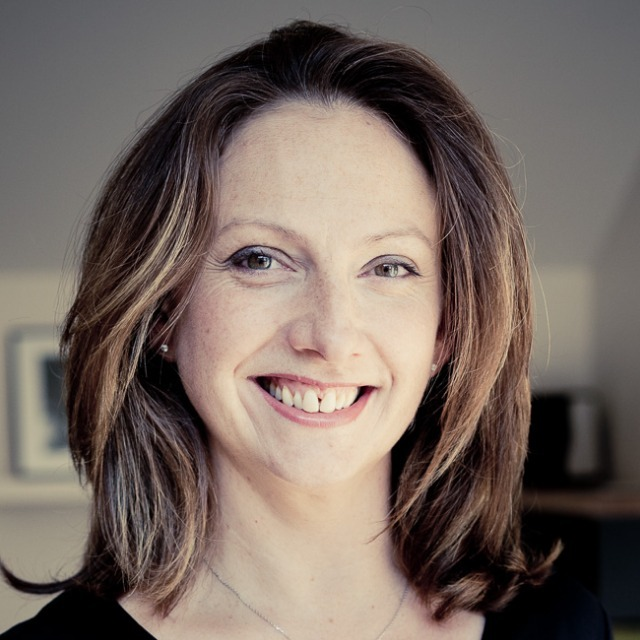
Stephanie was my second victim. Well, not quite. But as a mentor there is always a fear that you might come across as too harsh, too authoritative, too haughty. The obvious way around that is to keep the lines of communication wide open, and that couldn’t have been easier with Stephanie.
It wasn’t my first rodeo as a mentor. I had already worked with Gillian Shaw in my capacity as a wine translation specialist. The experience with Gillian went very smoothly and we both got a lot out of it. I started out hopeful that this next mentoring period would be just as fruitful.
Of course, mentoring isn’t about attacking or criticizing. It’s about working together to find ways of improving skills, honing sentences and doing business. And that’s true for both the mentee and the mentor. I’ll get the cliché out there before I go any further: I’m sure I learned just as much being a mentor as Stephanie did as my mentee.
Stephanie had attended my interactive short course ‘Translating and Editing for the Beauty Industry’, so we had already made an online connection. We had a brief chat on the phone to establish some ground rules before we got started. We decided to go down the classic ITI mentoring route, which meant that she would translate three texts over six months and have two weeks to complete each one. I would then give detailed feedback and we’d discuss ways we could improve on what she had suggested.
All three documents I shared with Stephanie were projects I had done myself, and I found it fascinating to read her ideas. On more than one occasion I realized that her suggestions would have really improved my translation, and it was a shame that I’d already delivered the files.
Working in the field of beauty and cosmetics, I very often stray far from the original source text in my translations, on the lookout for creative and idiomatic ways to express the concepts in a way that appeals to an English-speaking audience. The mentoring session texts were no different, and we always found plenty of options to discuss based on audience, tone and intent.
When I received Stephanie’s translations, I never deleted anything, but added detailed comments. I always picked out positive things to congratulate her on, and then made suggestions for how she might improve other parts of the text. We then had a phone call rather than a Zoom session, both of us focusing our attention firmly on the translations rather than trying to look at each other on the screen. While I do like being able to communicate visually while talking, we both felt that by looking only at the text, our brains were able to work more effectively.
We often came across opportunities to use very contemporary language, and we found it was important to be on the lookout for dated expressions too. If you’re a translator in the beauty business, you must always be familiar with the very latest terms. On that topic, I suggested that Stephanie always check brand websites and keep up with beauty business news as often as possible.
The translations I set for Stephanie covered make-up, fragrance and skincare, and I found that she really excelled in the more technical sections. I’m at my best when translating descriptive ‘whipped cream’-type language, so I was delighted with Stephanie’s excellent grasp of technical language.
The cliché really is true. I did learn just as much from the mentoring process as a mentor as I think Stephanie learned as a mentee. Probably the most valuable lesson was that no matter how proud I am of a translation, there are always ways I could improve it when I go back to it weeks later.
So I had no need to feel like an attacker. Stephanie was eager to learn and took my suggestions and advice on board. I really do look forward to finding out how her career progresses.
Ruth Simpson is a French to English translator specialising in wines & spirits and cosmetics.

